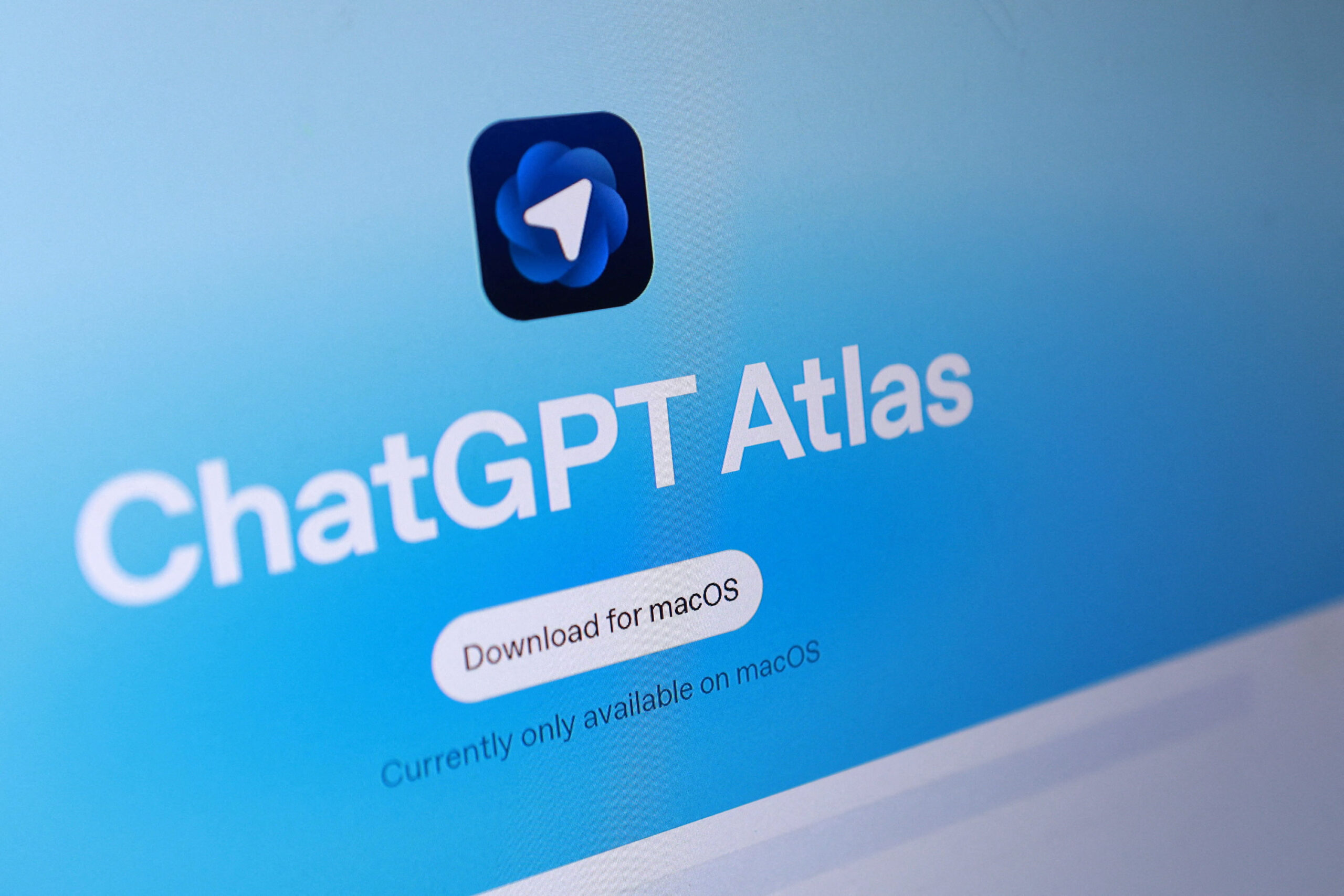
OpenAI has released an artificial intelligence-driven web browser named ChatGPT Atlas, designed to rival major players such as Google’s Chrome and Microsoft Edge. The browser, unveiled on Tuesday for Apple’s macOS, removes the traditional address bar and centers the experience around ChatGPT, marking a new phase in OpenAI’s efforts to integrate conversational AI directly into daily browsing.
Atlas introduces an agent mode that allows the chatbot to autonomously conduct searches and tailor results based on the user’s browsing context. This feature, exclusive to paying ChatGPT subscribers, aims to make the browsing experience “faster and more useful,” according to OpenAI. The company did not disclose when Atlas might expand to other operating systems.
The launch represents part of OpenAI’s broader strategy to monetize its growing AI ecosystem and expand its presence beyond chatbot interactions. OpenAI has been building a network of partnerships with e-commerce and travel platforms, including Etsy, Shopify, Expedia, and Booking.com, to attract users toward its integrated online services.
ChatGPT’s Rapid Growth
At its DevDay event earlier this month, OpenAI CEO Sam Altman revealed that ChatGPT had reached 800 million weekly active users, doubling from 400 million in February, based on figures from the research firm Demandsage.
Industry analysts have expressed cautious interest in Atlas’s potential to disrupt the browser landscape. Pat Moorhead, CEO and chief analyst at Moor Insights & Strategy, said he expects early adopters to test the browser but doubts it will pose a major challenge to Chrome or Edge, noting that “mainstream, beginners, and corporate users will just wait for their favorite browsers to offer this capability.” Moorhead added that Microsoft Edge already provides many of these features today.
OpenAI’s browser debut comes amid heightened competition in AI-driven search. Google, long dominant in online search, was declared an illegal monopolist last year in a U.S. ruling that stopped short of forcing the company to divest its Chrome browser. Meanwhile, more users are turning to large language models (LLMs) such as ChatGPT to obtain information and recommendations.
According to research firm Datos, as of July, 5.99% of desktop browser searches were directed to LLMs—more than double the share from a year earlier. Google continues to prioritize AI-generated results within its own search ecosystem, underscoring the growing shift toward AI-assisted browsing experiences.
Featured image credits: Dado Ruvic/REUTERS
For more stories like it, click the +Follow button at the top of this page to follow us.
